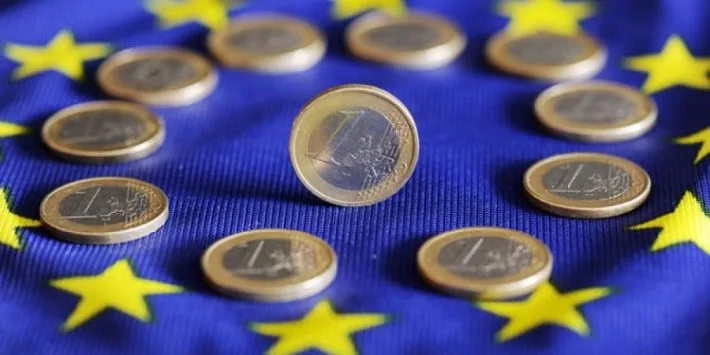Rules exists, yet they are too complex, full of flaws, rarely applied: this is why European institutions are far from being corruption-proof.
The so-defined “first-ever assessment of corruption risks across ten EU institutions” acknowledges that there are rules and practices supporting high standard of public service and accountability within the EU institutions: for instance, tools for investigating suspected fraud or maladministration, and the possibility for the public to access documents held by EU institutions.
Unfortunately, positive aspects are compensated by several flaws that risk to compromise the entire system. Namely, underlined the NGO, the absence of mandatory lobbying rules at institutional level and the “growing trend” of European institutions to negotiate behind closed doors, a practice that goes against any form of transparency. In addition, according to Transparency International, when it comes to verifying that EU senior-makers comply with ethics rules, such as ‘cooling-off’ periods when they leave office, “self-regulation is the norm, rather than independent monitoring.”
Checks are inadequate in several sectors. For example, underlined the report, despite legal obligations to do so, only one institution out of ten put in place effective mechanisms to protect internal whistle-blowers. Furthermore, there is no comprehensive verification of the financial assets declared by Commissioners and MEPs. Last but not least, only 7 companies were barred from tendering for EU contracts due to evidence of corruption in late 2013.
“The EU institutions have done a lot to put their house in order in recent years but strong foundations are being undermined by complex rules, complacency, and a lack of follow up,” said Carl Dolan, Director of the Transparency International EU Office. The fight against corruption, insisted the NGO, shall be one of the biggest challenges for the next EU institutions. “If the new EU leadership is serious about arresting the decline in trust and confidence, corruption risks need to be dealt with before they become corruption scandals,” added Dolan. Citizens’ trust, actually, is following a downward trend: according a recent Eurobarometer poll, 70 percent of the European population thinks that corruption is into EU institutions.



![La bandiera della Regione Lombardia [foto: Wikimedia Commons]](https://www.eunews.it/wp-content/uploads/2022/09/lombardia.png.webp)







